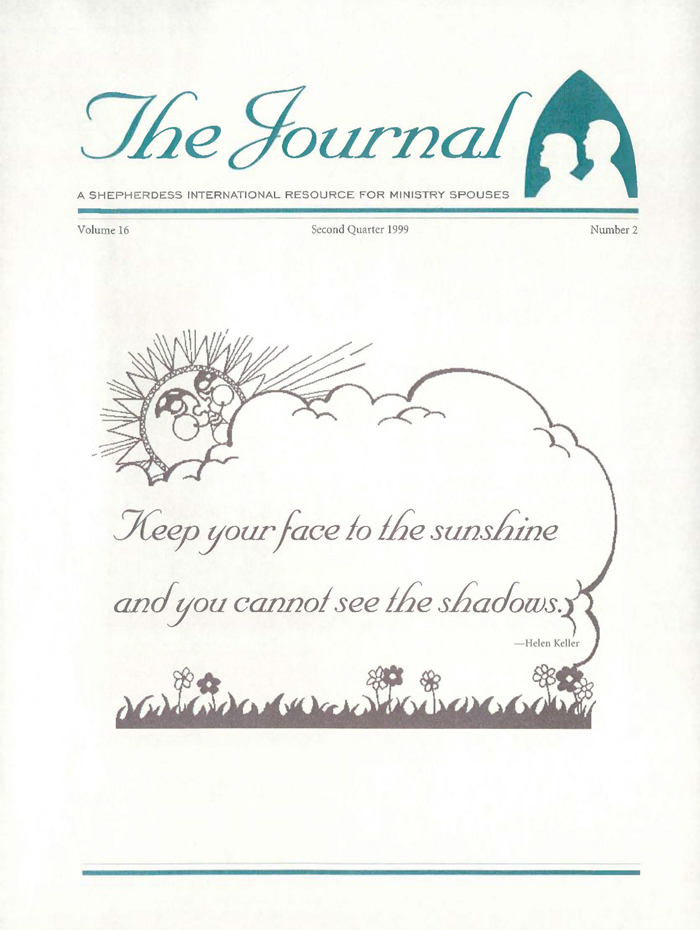On a recent trip through Neodosha, Kansas, I saw an old sign painted on the side of a building. It depicted a well-dressed man advertising Henry George cigars. Holding his cigar in his hand, he was saying, "I am for men." I thought about that slogan as I continued my trip north. "I am for men."
Was this man of the five-cent cigar really for men? What could he promise the men who smoked the cigar? What would their futures hold?
As I continued to mull over the statement, I thought of some people I'd heard of or read about who really were for men.
Recently my Church School class of junior boys and girls had studied the life of the Judsons, Adoniram and Ann, missionaries to Burma.
After spending six long years learning the language, they built a three-room but beside one of the busiest highways going into Rangoon. The people would stop and listen to Adoniram speak and teach. Ann taught the women in the back of the building.
The Burmese government threatened to beat Adoniram if he didn't stop teaching about Jesus. In spite of much danger, he continued to teach and many Burmese people became Christians.
When the British army invaded Burma, the Burmese accused Adoniram of spying for the British and put him in prison. He continued to work for men while there by working on his translation of the New Testament. When released, he had completely finished it.
Martin Luther King, Jr. was for men. He was willing to face angry mobs. He was spit upon and threatened, but he kept his eyes on the man who could cause others to become colorblind—Jesus.
King said we can theologize until we can't get worked up at all. But we must reclaim the task. We must be for all men. Equality is of major importance to people who care.
William Booth, the man who established the Salvation Army, said, "I just wanted to see what God could do with one man." He left a mainline denomination and went out to where the masses were. "Come to my church just the way you are," he urged. "You don't have to dress up?'
Today the Salvation Army is known for its compassion for men everywhere.
Eric Liddell, the Scottish runner, was so concerned about his influence on men, he would not run in the Olympics on his Sabbath. Instead of running the 100-meter race for which he had trained, he ran the 400 because it was run on a day other than his Sabbath. He won a medal because he was a superb runner, but he was concerned about his influence on men. Mr. Liddell went on to become a missionary for Christ and died in a Chinese prison. He gave his life for men.
The world is full of people who really are for men. History points to Saint Paul, Ghandi, Deitrich Bonhoeffer and others down through time.
Today we have only to look at people like Mother Theresa to see the pattern continuing. Besides those who are well-known, there are countless others who care.
With such good role models before us, Christians everywhere should examine their lives and decide now to be for men. There is much to be done. Jesus said to bear each other's burdens and fulfill the law of Christ.
Is there a child or teenager on your block you can befriend? How about stopping to chat with that lonely lady on the corner who lost her husband over a year ago? You jog by there every day. A smile for the hassled store clerk or an unhurried visit to the local nursing home could brighten someone's day.
As I travel through Neodosha to Topeka or other places north on Route 75, I always glance at the faded picture painted on the side of the old brick building in that small town.
No, according to my research, Henry George was not for men. He was advertising for cigars, and it is a well-documented fact that nicotine has never been for men—it has always been against them!
Be for mankind today and live out the will of Christ. I am for men. Are you?
